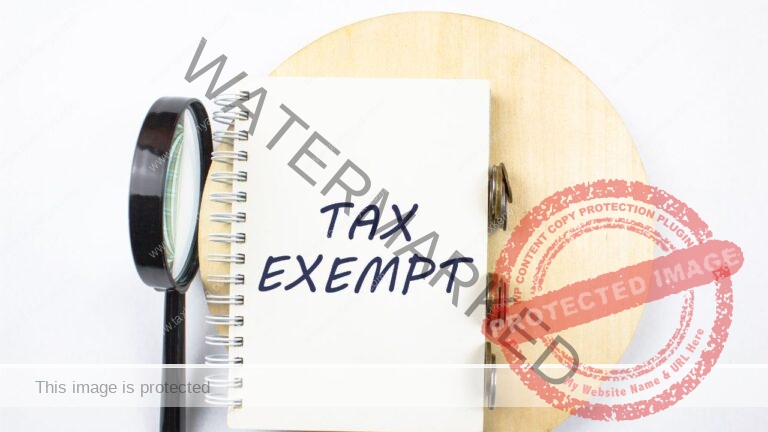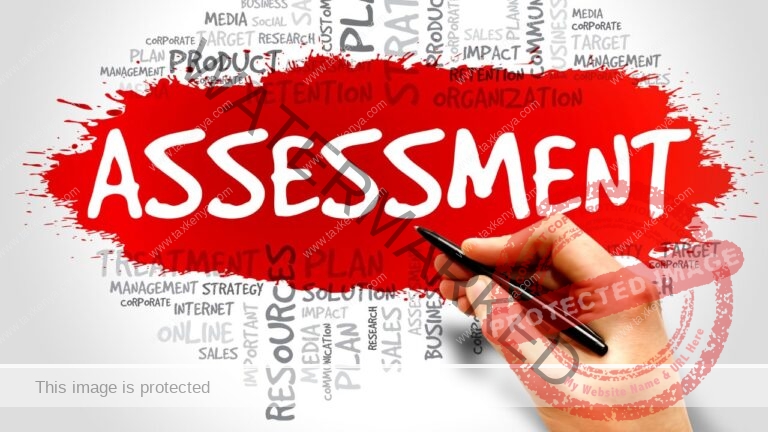Tax authorities employ audit on taxpayers’ records, documents and tax returns, and tax assessments to ensure taxpayers follow the law and pay the correct taxes on time.
What is a tax audit?
Tax authorities or tax Commissioners review individual taxpayers’ or entities’ financial and tax records to ensure they abide by the tax law and disclose their income and deductions. The reviews are referred to as tax audits.
Every country has a tax agency tasked with regularly conducting tax audits. For example, in Kenya, there is Kenya Revenue Authority; in the United States, there is the Federal Revenue Service (IRS); in Canada, there is Canada Revenue Agency (CRA); and in the United Kingdom, there is HM Revenue and Customs (HMRC).
During a tax audit, the tax authority’s officers, who act as the tax auditors, will look into the taxpayer’s financial records and tax returns, as well as their bank statements, receipts, and other financial documents. The tax officers may also speak with the taxpayer or their representative to gather more information.
The sole purpose of any tax audit is to confirm that the taxpayer is paying the correct amount of taxes, paying on time and that all tax laws are being adhered to. If the tax officers find errors or inconsistencies in the taxpayer’s records, they may levy additional taxes, fines, interest, and penalties.
The tax officers may also recommend further action, such as a criminal investigation or prosecution. This is especially in cases where they have reason to suspect fraud or other illegal activity.
It is essential to remember that not all tax audits result in additional taxes or penalties. In many cases, the tax auditors conclude that the taxpayer properly filed their tax returns, and no further action is necessary.
What is a tax assessment?
A tax assessment is the amount of tax that a taxpayer should pay. There are two types of tax assessments:
1. Self-assessments – the taxpayer will assess the amount of tax they should pay.
2. Assessments by the tax Commissioner – the tax Commissioner assesses the tax amount a taxpayer should pay. The taxpayer will be furnished with a notice of assessment detailing any levy of additional taxes, fines, interest, penalties, and the due date.
The tax assessment process can vary depending on the type of tax being assessed. For example, property taxes are typically assessed based on the value of a property. In contrast, income taxes are assessed based on the income earned by an individual or organisation.
After the tax assessment is completed, the tax authority will usually issue a notice to the taxpayer indicating the amount of tax owed. If the taxpayer disagrees with the assessment, they can appeal the decision through a formal objection process.
Why do taxpayers not pay taxes despite notice of assessment?
After receipt of the tax assessment notice, the taxpayer is expected to pay the full tax amount within the shortest time possible to avoid further penalties. However, some taxpayers need to pay the tax assessed.
There are several reasons for this:
Financial difficulties:
Taxpayers may be experiencing financial difficulties, such as a loss of income, unexpected expenses, or other financial obligations that take priority over tax payments.
Disputes over the assessment:
Taxpayers may dispute the assessment of the government claims. In such cases, the taxpayer may only pay the tax once the dispute is resolved.
Ignorance or neglect:
Some taxpayers may need to be made aware that they owe taxes or may neglect to pay due to oversight or other reasons.
Willful evasion:
Some taxpayers may willfully choose not to pay their taxes despite the assessment.
It is essential to note that failure to pay taxes can have serious consequences, including penalties, interest charges, and even legal action. It is in the taxpayer’s best interest to work with the tax authority to resolve any issues or disputes and pay taxes owed promptly.
Tax Commissioner's Action After a Taxpayer Fails to Pay due Tax
When taxpayers do not pay taxes after an assessment, the tax Commissioner has various options.
The following are four options:
Issue a demand notice:
The tax Commissioner may issue a demand notice to the taxpayer, which specifies the amount of tax owed and any penalties or interest charges that have accrued. The notice of assessment may also provide a deadline by which the taxpayer must pay the tax, after which further action may be taken.
Seizing assets:
The tax Commissioner may seize assets belonging to the taxpayer, such as bank accounts, property, or vehicles, to pay off the tax debt. This may be done through a court order or other legal means provided for in tax laws.
Legal action:
The tax Commissioner may initiate legal action against the taxpayer, such as filing a lawsuit, to recover the tax owed.
Issue Agency notices:
The tax Commissioner may issue agency notices to those who owe the taxpayer. These are individuals and organisations, for example, banks. The persons are expected to remit what they owe the taxpayers to pay off the tax debt.
It is essential to note that the tax Commissioner typically has a range of options available to them, and the specific action taken will depend on the circumstances of each case. It is in the taxpayer’s best interest to work with the tax authority to resolve any outstanding tax issues and avoid further penalties or legal action.
Tax Agency Notices Issued by KRA
Tax agency notices are issued by KRA for any tax debts. This is after a taxpayers has failed to pay outstanding tax debts despite several requests by the tax authority.
The agency notices are issued to:
- Customers/ clients and
- Banks
Those who receive the letters become agents for KRA to collect tax.
a. Affiliate Disclosure: These are affiliate links from which we receive a commission at no cost. Read full Affiliate marketing disclosure HERE.
b. Tax Contents Disclaimer: The tax industry in Kenya is very dynamic. The tax contents in the posts are not professional advice. Read full disclosure HERE.
The same letter is issued to several persons. If a person owes kshs 100,000 tax debts, KRA will issue the same letter to as many persons as it has details. For example, if KRA has details of your five bank accounts in five banks, all the banks will receive the same letter.
The tax debt can be one:
- You agree you owe 100%.
- You owe part of it.
- You do not owe.
The debt can be in:
- Income tax (principal, penalties, interest, and fines)
- VAT (principal, penalties, interest, and fines)
- Domestic excise duty (principal, penalties, interest, and fines)
The debt may have resulted from the following:
- Self-assessments
- Tax audits
The Video

The debt may have resulted from the following:
- Self-assessments
- Tax audits
Grab a FREE Book





